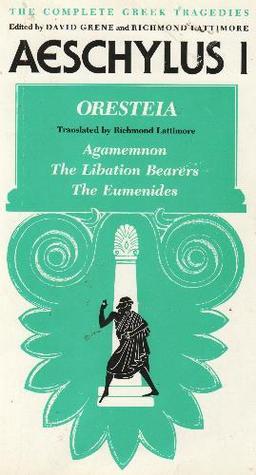What do you think?
Rate this book


170 pages, Paperback
Published July 1, 1967
The children were eaten: there was the firstThe familiar bloody tale of cannibalism, infanticidal sacrifice, vengeance, more vengeance, and the Gods ordained entrenchment of patriarchy were all there. The three plays of the Oresteia -- Agamemnon, The Libation Bearers, and The Eumenides -- were brutal, lovely, frustrating, illogical, brilliant and exciting in turns. I spent some of my time trying to suss out a way to stage these entertainingly without wholesale change, and some of my time thinking about the insights and idiocies that the Oresteia offered.
affliction, the curse of Thyestes.
Next came the royal death [if we ignore the sacrifice of Iphigenia:], when a man
and lord of Achaean armies went down
killed in the bath. Third
is for the saviour. He came. Shall I call
it that, or death? Where
is the end? Where shall the fury of fate
be stilled to sleep, be done with?